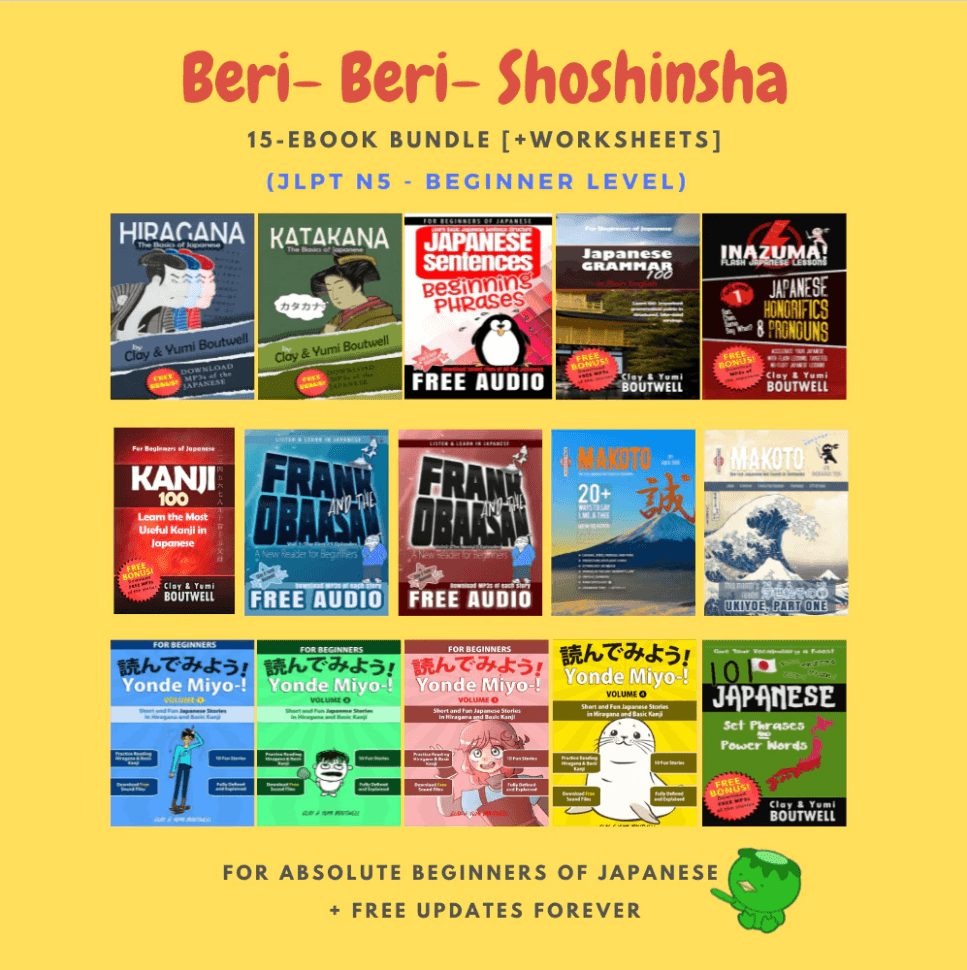Today, let get the "postage stamp, cut, come, wear, and listen" problem out of the way once and for all.

You know, words that sound very similar but differ due to a small っ or 長音 (long vowels in Japanese).
In English, we sometimes lengthen syllables or shorten them for emphasis or impact.

But to the Japanese ear, however, these are totally different words.
In the June 2023 issue of Makoto, we played with this in the beginner story regarding the words:
湿気 (humidity) and 死刑 (death penalty)
Yes, those are different words even if the English speaker finds them frustratingly similar. Japanese is full of these commonly confused words. Training your ear to hear them and then your mouth to speak them is crucial for your Japanese progress.
Back to today's lesson. Here are the words we'll cover. Listen to the sound files and see if you can tell the difference.
きて
These words have two mora (beats) "ki" + "te".
There are two common meanings for this sound. The standard pitch accent is different, but otherwise they are the same sounds.
来て
come
着て
wear
きって
These words have a small っ (like a hiccup between sounds that lasts one mora (beat) for a total of 3 moras): "ki" + "..." + "te"
切手
postage stamp
切って
cut
きいて
This word has a long vowel (長音) that is three mora long: "ki" + "i" + "te"
聞いて
(or 聴いて when listening to music) listen
Do you hear the difference? I'm sure you do with them neatly labelled like this, but maybe you have trouble when hearing them in the wild.
Two Notes About the Small っ
▮ The trick is to understand the small っ counts as a mora or one beat. Both きって and きいて are the same basic length (three mora). In other words, the small っ counts as a mora.
▮ And here is a hack for pronunciation using きって as an example:
- Mora 1: Say the kana before the small っ. (In our example, that would be き)
- Mora 2: Put your mouth and tongue in the position you would make for the kana that comes after the っ (this would be て in the きって example), but don’t make the sound yet.
- Mora 3: On the third mora or beat, make the third sound (て).
Japanese Sentence Practice
Listen to the following sentences. Try to figure out which it is (きて、きって、きいて) without looking above, and then toggle to see the answer.
Practice 1
Answer
Practice 2
Answer
Practice 3
Answer
Practice 4
Answer
Practice 5
Answer
How did you do?
It takes practice. It's a different way of hearing sounds than in English, but being able to hear the long vowels and the small っ is critical for understanding and speaking Japanese.
If you found this lesson difficult, that's okay. With practice, you'll eventually be able to tell the difference between sounds. But don't forget to practice and listen for the sounds!
Further practice: Click here if you would like to learn more about the long vowel sounds in Japanese.






This was hard but I enjoyed it, thank you!!!
Great! It gets easier with time. Be sure to practice listening to the examples ever so often.
Excellent lesson
Thanks! It’s the little things that matter. 🙂